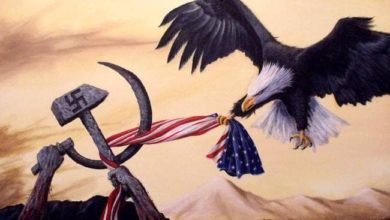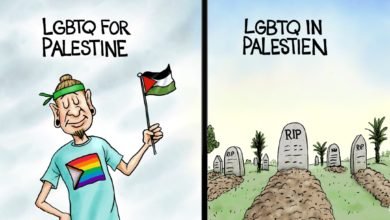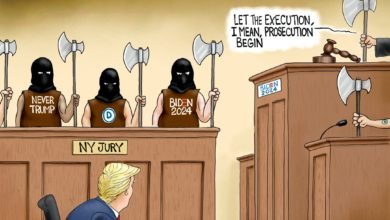Economists Divided on Future Economic Activity
Since the pandemic, it has been extremely difficult for economists to accurately forecast the economy. Most of the reason is due to economic events that have never occurred or occur very rarely. Some of the errors were due to economists allowing a political bias in their forecasts. After three very unusual years, now what?
Some of the rare events were impossible to forecast. Never has any disease had enough impact to completely shut down the US economy and nearly every other country’s economy. Obviously, that led to a deep recession. Economists then had to predict how the federal government would react.
At the time, the Republican President was thought to be more conservative in spending approaches. On the other hand, the President was a businessperson who valued a strong economy. The prior administration deficit spent $3 trillion dollars in 2020. That’s more than twice the highest deficit ever recorded. The government was sending money to everyone. Economists had to determine the effect of all this government spending and the resulting consumer spending, on the economy.
In 2021, the current administration thought deficit spending was ok. They deficit spent another $3 trillion in 2021 and about half of that amount in each of the next two years. What impact will $9 trillion deficit spending have on the economy?
Also, early in 2021, there were clear signs of an inflation problem. For some reason, the Federal Reserve thought the inflation was temporary, so they continued their shockingly irresponsible expansionary monetary policy well into 2022.
Then, in mid-2022, the Fed finally realized that price stability is supposed to be the top priority. They began to raise interest rates. But how fast should rates be raised? How high will interest rates have to be to reduce inflation? Those were very uncertain times.
To make matters worse some people who stopped working during the shutdown decided not to go back to work ever. That created a labor shortage which drove up wages. Then with annual inflation racing toward double digits, there was a fear of a wage-price spiral that is difficult to break.
A wage-price spiral hasn’t been seen since the 1970s.
Considering that history, what is likely to happen to the economy going forward? Remember these are unusual times. Economists rely heavily on past history to project the future. For some of these events, there is no modern history.
Annual inflation peaked at 9.1% June 2022. Mostly because of the Fed’s policy reversal and their resulting rapid interest rate increases and because oil prices have remained soft, inflation is now down to 4%. Projecting inflation into the future is a bit tricky.
My view is the Fed will raise interest rates by 50 to 75 basis points by year-end. That will help to ease inflation, but it will slow the economy. The tricky part when forecasting inflation is the future price of a barrel of oil. Does it stay in the $75 range or rise to $90 or even $100? That has a significant impact on the overall inflation rate.
If China gets its economy back to where it was before the pandemic and if some oil-producing nations cut production, oil prices could rise significantly.
That means the inflation rate will hover at least in the 4% to 5% range.
The economy is slowing. The first two quarters of 2022 saw negative growth. Third-quarter growth jumped up to over 3%, mostly because states were spending money the federal government gave them. Then growth slowed to 2% in the first quarter of this year. Most economists are forecasting even slower growth in the current quarter. That means a recession is likely before the end of the year.
Recent job data indicates the economy should be growing, but there was substantial job growth in the first half of 2022 when GDP growth was negative.
Fortunately, if we go into a recession, it will be mild. Unemployment will not increase as much as it usually does during a recession due to the labor shortage. The number of jobs open will fall quickly but the unemployment rate will only increase to the 4.5% range.
What happens after that depends more on politics than economics.
Agree/Disagree with the author(s)? Let them know in the comments below and be heard by 10’s of thousands of CDN readers each day!




